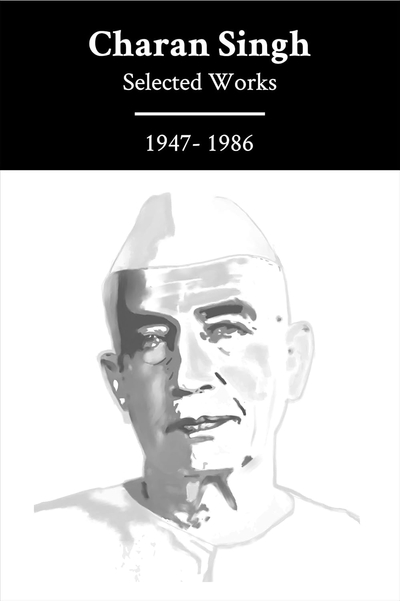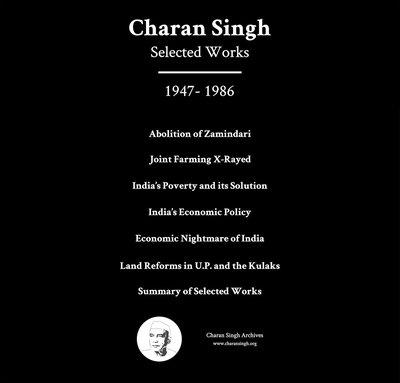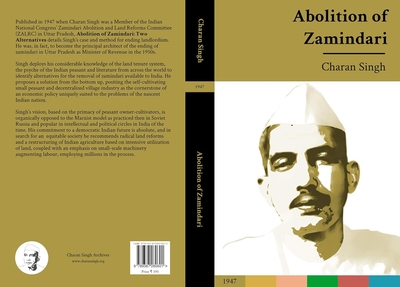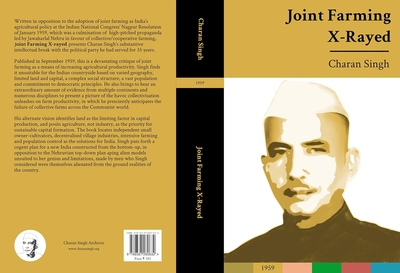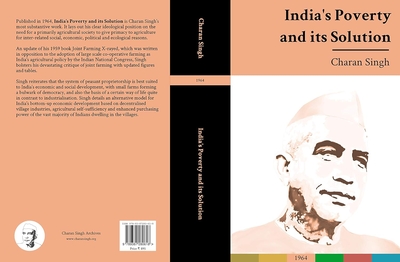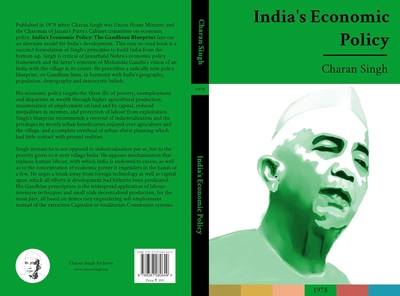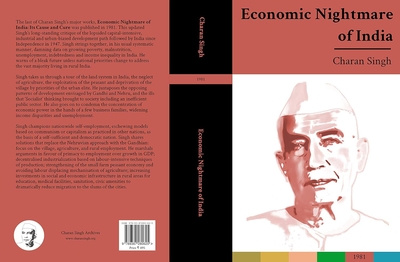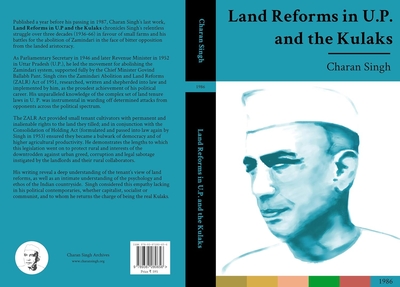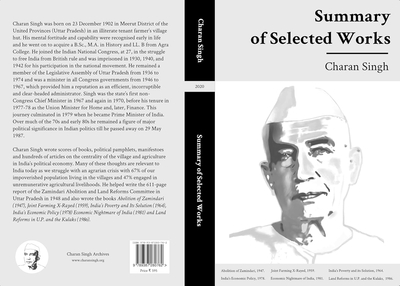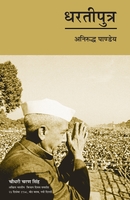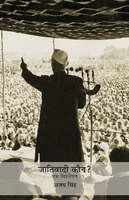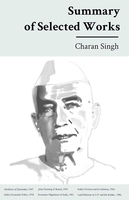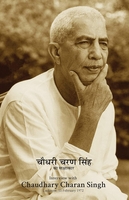In Stockस्टॉक में
The Charan Singh Archives published the ‘Selected Works of Charan Singh’ in 2020. This collectors set includes 6 of Singh’s major works and an easy-to-read summary of each of these books in the original English. CSA dedicated these books to the memory of those who sought a new dawn for India in Gandhiji’s Swaraj as a peaceful spiritual, political and social revolution.
The set makes an ideal acquisition for private and public libraries and is especially useful for students of economics, political economy, Gandhian studies, academicians in general, social and political activists, politicians and policy makers.
The contemporaneity of Charan Singh’s ideas informs us how little India has changed since Independence as we struggle with an agrarian crisis where 47% of our impoverished population remains engaged in non-remunerative agricultural livelihoods. When COVID struck at the heart of human activity in 2020, the ugly innards of the urban, post-industrial exploitative structure lay fully exposed as our rural brothers and sisters fled the slums of the cities for their villages from where they had migrated to earn a living. In Singh’s ideal world, the regeneration of rural India would have replaced the megacities that are being constructed and these would not have become the capital sinks of an ecologically unsustainable life.
As we enter 2021 CE, a farmers agitation for repealing three laws related to procurement of their produce has morphed into a struggle for an agricultural way of life. Ironically, the APMC law the farmers from Punjab are fighting to retain was passed in 1937 by Sir Chhotu Ram, the making of which Singh had a historical role.
Charan Singh proposed a Gandhian political economy – less industrial, more handmade and self-sufficient local economies – one readers can reacquaint themselves through this collector set. He wrote Abolition of Zamindari (1947), Joint Farming X-Rayed (1959), India’s Poverty and Its Solution (1964), India’s Economic Policy: The Gandhian Blueprint (1978), Economic Nightmare of India (1981) and Land Reforms in U.P. and the Kulaks (1986). The 7th book (Summary of Selected Works) provides easy-to-read summaries of each of these 6 books, and is an excellent accompaniment to the original texts.
In addition to these, Singh wrote scores of books, pamphlets and hundreds of articles on the need for centrality of villages and agriculture in India’s political economy and planning. His ideas proposed less industrial, more hand-made and self-sufficient rural and local economies in India.
All these books plead for the centrality of villages, agriculture and hand-made local industry in India’s political economy. Singh believed deeply in a democratic society of small producers and small consumers brought together in a system neither capitalist or communist but one that addressed, as a whole, the uniquely Indian problems of poverty, unemployment, inequality, caste and corruption. Each of these issues remains intractable today, and his solutions as fresh and relevant to their amelioration and ultimate eradication.
Please note that we
- Deliver within 1 week of receipt of order.
- Do not ship outside India.
- Do not accept returns and do not offer exchange of books.


